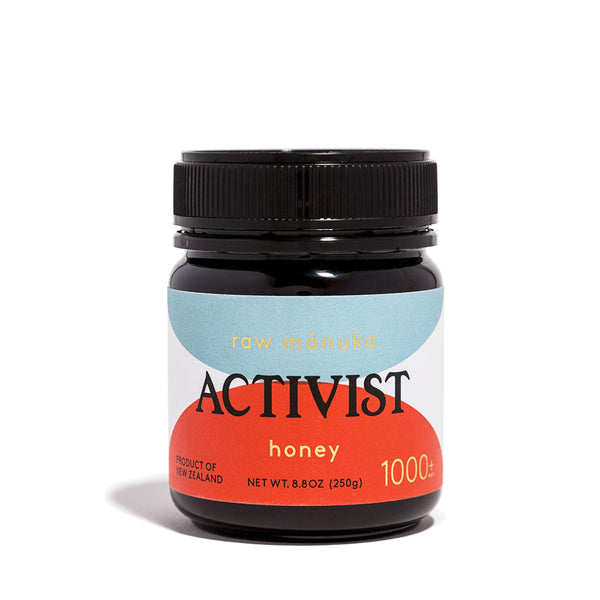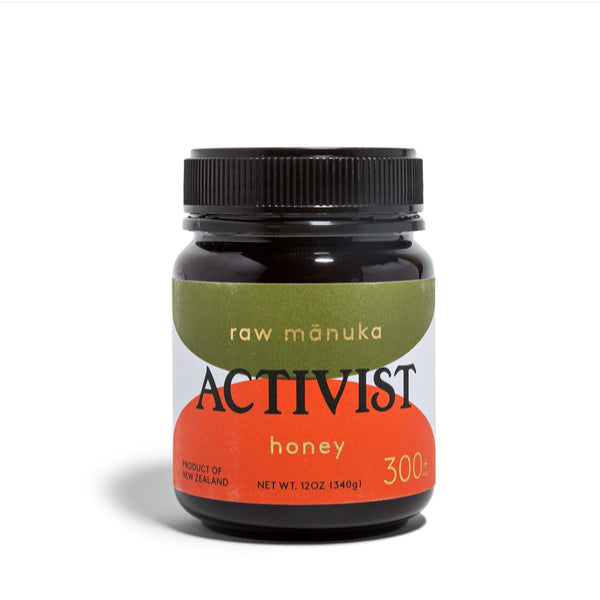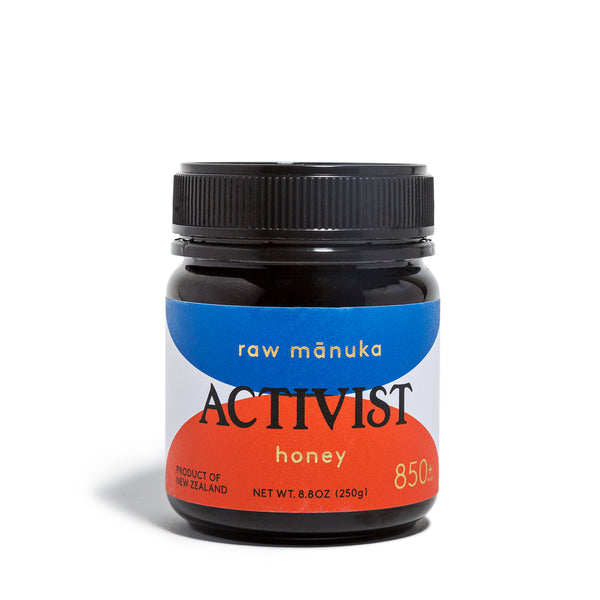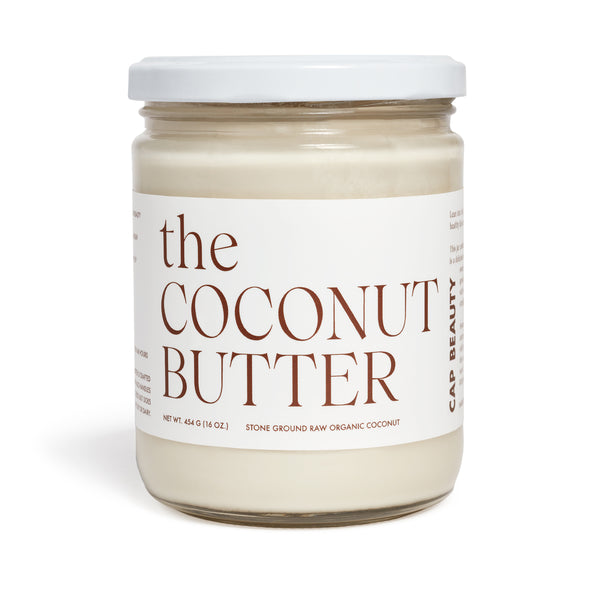HISTORY
Let’s start from the beeginning (sorry, couldn’t resist), bees have been around for 150 million years and humans have been benefiting from bees since prehistoric times. Research shows that our links with the honeybee date back to the dawn of agriculture. Many believe that prehistoric humans domesticated wild bees and gathered honey and wax for medicines and sustenance. Ancient cultures even relied on bee products for health, beauty and healing. From Cleopatra to Hippocrates, the benefits of bee products have been well documented through the ages. Fast forward to today, we want to dive into how beegan superfoods can be a game changer for your health, no matter what your lifestyle looks like.
Now a little about me. I like to travel, work hard and I’m sort of a workout freak, so propolis is an essential fixture in my purse/gym bag and carry on. Propolis is the substance that bees make from plant and tree resin to line the hive and keep it germ free. You can think of propolis as the immune system of the hive. It’s an antiviral, anti-inflammatory and anti-bacterial substance that protects the hive and disinfects the cells of baby bees. Bee propolis is often referred to as “nature’s antibiotic” and is a fantastic way to support your immune system, fight inflammation and up your antioxidant intake. Propolis has over 300 beneficial compounds and is one of the most potent anti-inflammatory substances you can find. Propolis is a healing superfood and it’s essential for anyone leading an active lifestyle. For those days where you can’t manage to get a proper 7 hours of beauty sleep or are powering through late nights at the office, any time your body is under stress propolis should be your go-to tool to bolster your immunity, fight off stress-induced free radicals and help get that healthy dose of vitamins, minerals and antioxidants. Since bees (like you) are overachievers, propolis won’t just replace ½ of the contents in your medicine cabinet, it is also one of the few sources of pinocembrine, an antioxidant that may be beneficial for brain health. From Gwyneth Paltrow to Dr. Oz, health advocates are loving propolis as a cure all and natural alternative to typical cold and flu medicines. Propolis has been used by humans since 300 BC even OG Hippocrates was a big time propolis fan. This age old superfood is also full of caffeic acid, vitamins, minerals and antioxidants making it a go to health tonic for your busy life.
Pro tip: use propolis to beat colds, flus, coughs or sore throats. This is your one stop shop for keeping the immune system in top notch shape and fighting fatigue. It’s also naturally delicious and one of the few cold medicines that won’t cause a tantrum with your 5 year old.
ROYAL JELLY
Royal jelly is the exclusive food of the queen bee (no, not Beyonce but we wouldn’t be surprised if she’s up on RJ). The queen bee lives 40 times longer than the average worker bee and the only big difference is that the queen lives on royal jelly and only royal jelly. Science has yet to replicate this nutrient dense elixir, which is composed of 12.5% crude protein, 5% fatty acids and several different types of amino acids. Many use royal jelly as a brain boosting tonic to promote memory, mental acuity and protect against neural inflammation. It’s a source of acetylcholine, a neurotransmitter found in the brain, spinal cord, and throughout the nervous system, which helps to regulate memory and is needed to transmit nerve messages from cell to cell. Interestingly, royal jelly is the only natural source of pure acetylcholine.
Pro tip: use royal jelly to beat brain fog. When you’re feeling antsy or demotivated and need to put the pedal to the metal at work or life, royal jelly will get you there while also providing a super dose of nutrients to keep you glowing. It’s also a great superfood to take on the regular to keep your brain in firing and may prevent neural degeneration.
BEE POLLEN
Bee Pollen is the bees’ main protein source. It’s considered one of nature’s most nourishing foods and contains nearly all nutrients required by humans. Bee Pollen has more protein per weight than any animal source and is full of free forming amino acids, making it easily absorbable by the body. It’s high in vitamins and minerals including Vitamin B, which has been shown to increase energy levels. It shouldn’t be a surprise that Bee Pollen has become a go to superfood for athletes due to its unique nutrient profile, energizing effects and high protein content. Bee Pollen is also an awesome fat fighter! Thanks to the lecithin content found in Bee Pollen, it can help to dissolve and flush fat cells making Bee Pollen our go to fit food.
Pro tip: this is your clean source of fuel. Get some easily absorbed and digestible protein. Help your muscles recover post workout and get a serious dose of vitamins and minerals.
Honey is the only food on the planet that never goes bad. Pots of honey have been found in Egyptian tombs that are still nutritionally intact which is a major testament to honey’s enzyme content! This golden nectar is full of antioxidants that may help prevent cellular damage and makes an amazing metabolism boosting digestive tonic when combined with a little lemon, cayenne and hot water.
Honey can also help you get your beauty sleep. Honey contains several amino acids, including tryptophan that is commonly associated with that sleepy feeling you get after eating a turkey dinner. The tryptophan is converted in the brain to serotonin and then into melatonin, which is a well-documented natural sleep aid. Make sure to look for raw/unpasteurized honey to make sure you’re getting all the health benefits.
Pro tip: from helping you get some shut-eye to sweetening things the healthy way, toss your sugar in the trash. Like now. Honey will give you that sweetness while sneaking in some powerful antioxidants and digestion boosting enzymes.
SAVING THE BEES
In addition to making superfoods like Propolis, Royal Jelly and more, the bees are responsible for producing nearly 1/3 of our food supply. So that salad you’re having for lunch, that berry smoothie you had for breakfast and even your cozy cotton tee will all be in short supply if the bee population continues to decline. Of the world’s 100 most important food crops, over 70 are dependent on the bees. The contribution of pollinators to agricultural production has been estimated at over $185 billion annually. Kind of a big deal. Without the bees we lose our food supply, countless wildflowers and our economy will take a major hit. So how can you help? Don’t worry, we aren’t about to tell you to become a beekeeper (but if you’re into that we totally support you). Instead, we’ve outlined a few quick and easy things you can do to be a part of the movement to save the bees.
1) Plant! You don’t need a massive backyard to host the bees. Even if you live in a small space, set out a few planters on your windowsill or balcony with some bee friendly flowers. Bees love bright colored flowers and we suggest you go for flowers that are native to your region to give the bees a little home cooked meal.
2) Ditch the chemicals. Pesticides are a major buzz kill. Do your absolute best to reduce or eliminate the use of these nasties on your property. Pesticides, particularly a type called neonicotinoids, have been linked to mass bee deaths. Plus, if these chemicals are harsh enough to take down colonies of bees, do you really want them all over your property?
3) Go local. A great way to support the bee cause is to buy local and organic produce when possible. We love organic as it’s another way to support farmers who are going chemical free (and nourishing our bees) and we need to encourage local fruit and veggie producers to ensure our North American bees have plenty of healthy food to sustain themselves. Plus, no one likes produce that’s spent too much time sweating on a cargo ship.
4) Spread the word. If we want to save the bees, our food supply and the broader ecosystem we need some help. Tell your friends, your kids, tweet it, Instagram it, shout it from the rooftops. Just do your part to generate awareness in your community. Long gone are the days when bees were looked at as an annoyance, these little creatures produce our food and are crucial to our planet so let’s make sure everyone knows and help them stick around!






